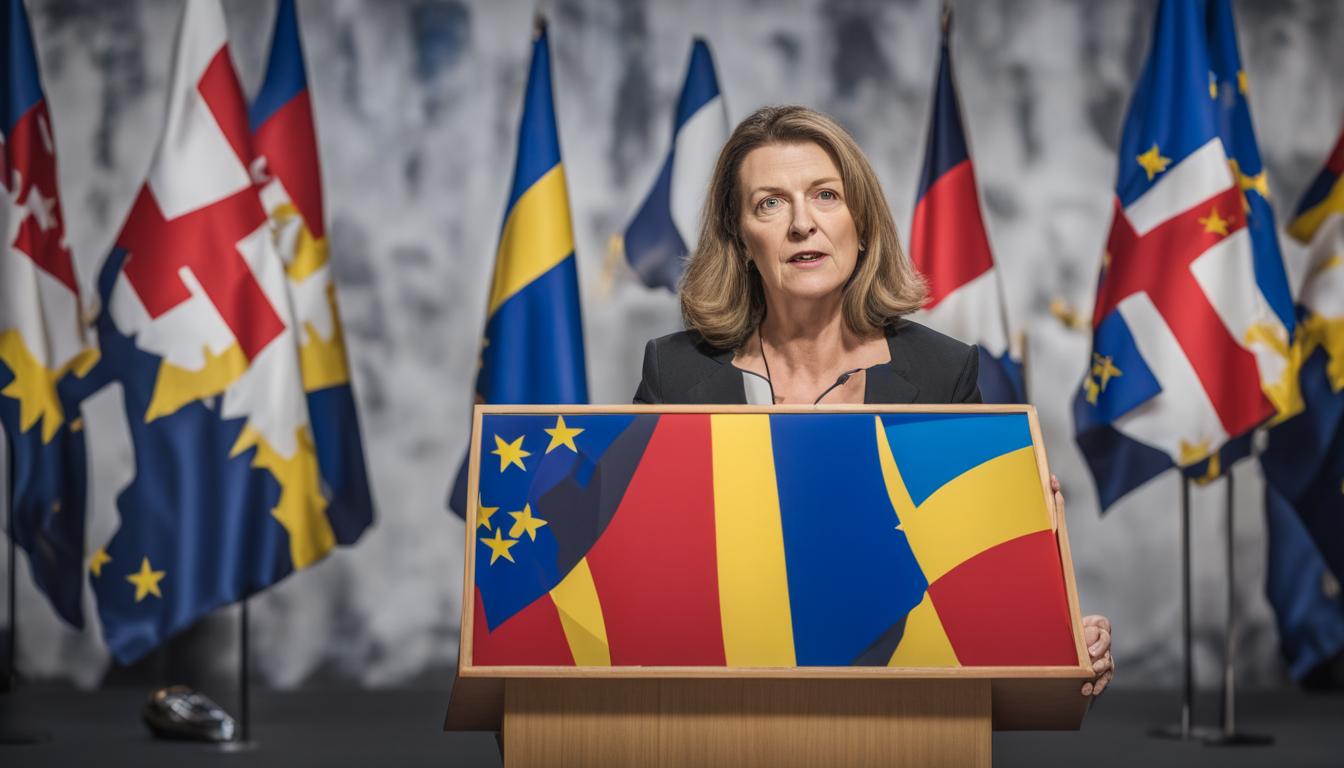Kosovo’s foreign minister voices support for Ukraine amid its conflict with Russia, despite the lack of diplomatic recognition from Ukraine. Concurrently, Serbia and China bolster their alliance as Chinese President Xi Jinping visits, intensifying geopolitical dynamics in Europe.
Kosovo’s Foreign Minister Donika Gërvalla-Schwarz has publicly supported Ukraine against Russian aggression, despite Ukraine not recognizing Kosovo’s independence. In an interview with The Associated Press, conducted in May 2024, Gërvalla-Schwarz drew parallels between Kosovo’s past struggles for independence from Serbia and Ukraine’s current conflict. She highlighted that a Ukrainian victory was crucial for European stability and mentioned that Kosovo had faced cyber threats from Russia after announcing military aid to Ukraine at a Warsaw conference. Gërvalla-Schwarz also inaugurated Kosovo’s first consular office in Poland to foster closer ties.
In a related development, Serbia is showing strong support for China as Chinese President Xi Jinping visits the country. During Xi’s European tour, he received a warm reception in Belgrade, with visible preparations including Chinese flags. Xi’s visit reinforced historical bonds with Serbia, recognizing their long-standing relationship dating back to diplomatic ties over the NATO bombing in 1999. Serbia, alongside Hungary, continues to strengthen economic relationships with China, contrasting with EU sentiments where there are concerns about trade and tariffs. Xi’s visit also included signing a joint statement with Serbian President Aleksandar Vučić, committing to a “China-Serbia community with a shared future.”
Additionally, during his stay in Hungary, Xi Jinping lauded the Hungarian government for maintaining an independent foreign policy. His visit is expected to yield multiple agreements across various sectors, indicating a deepening partnership. This growing alignment between Hungary, Serbia, and China suggests a strengthening of relationships independent of US and broader Western influence, potentially complicating broader EU and Euro-Atlantic relations. This series of events reflects significant geopolitical moves in Europe where regional and global powers are realigning their strategic interests.













